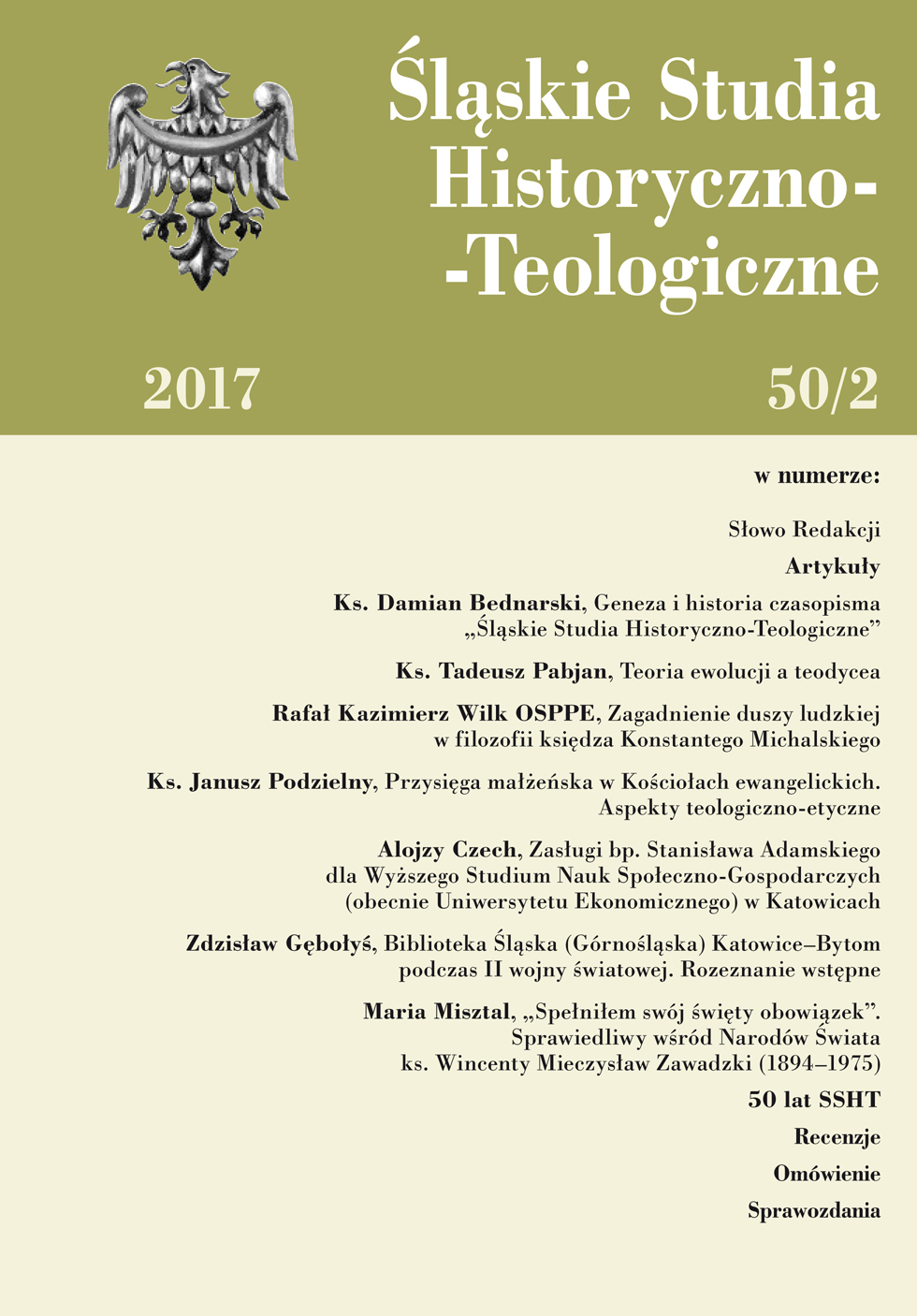
We kindly inform you that, as long as the subject affiliation of our 300.000+ articles is in progress, you might get unsufficient or no results on your third level or second level search. In this case, please broaden your search criteria.

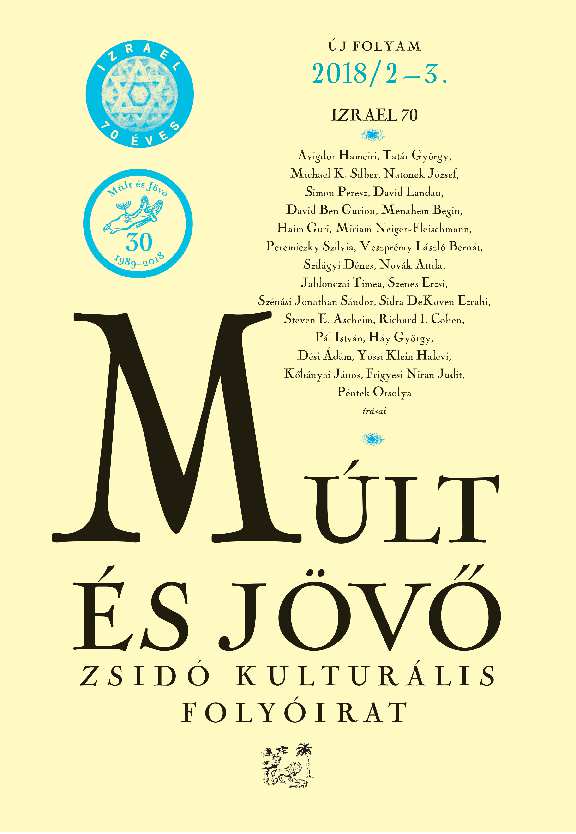


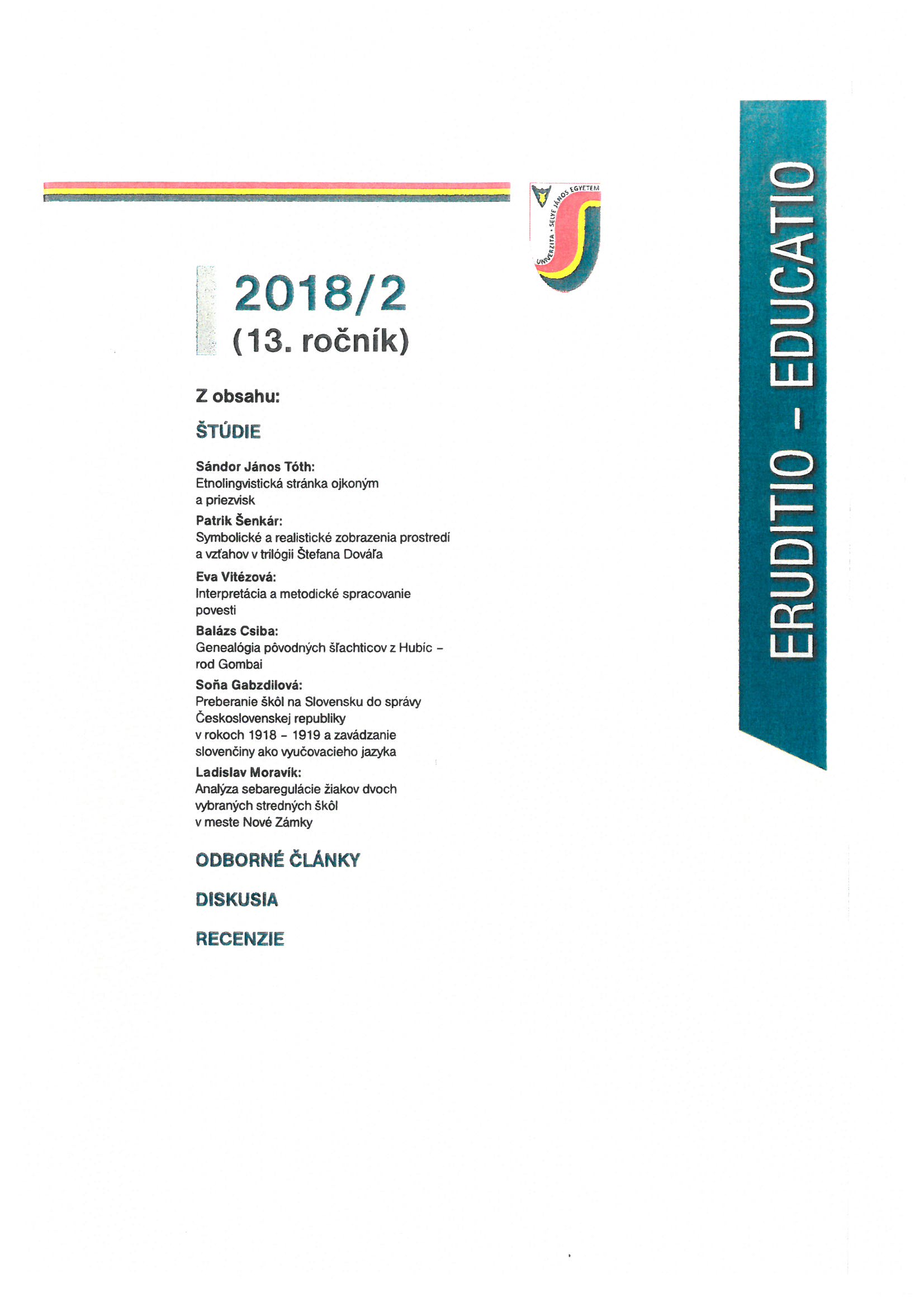
V čom je problém? Základný problém vidím v tom, že niektorí vidia priamu a automatickú súvislosť medzi zosilňujúcim sa politickým extrémizmom na Slovensku a vyučovaním dejepisu na našich školách. Začnem svoju úvahu otázkou, či vôbec nejaká súvislosť medzi verejnými prejavmi politického extrémizmu a školským vyučovaním dejepisu vôbec existuje. Na túto otázku nie je v mojich silách, aby som dal jasnú odpoveď. Jednoducho neviem. Neviem, lebo nemám na to empirické dôkazy alebo ich mám smiešne málo. Pravda, je možné dokladovať, že určitá časť slovenského elektorátu volila buď osobnosti, alebo strany, ktoré sú považované za extrémistické. Ale na to, či zosilňujúci sa politický extrémizmus a vyučovanie dejepisu súvisia, a keď áno, tak konkrétne ako, na to jednoducho nepoznám empirické dáta.
More...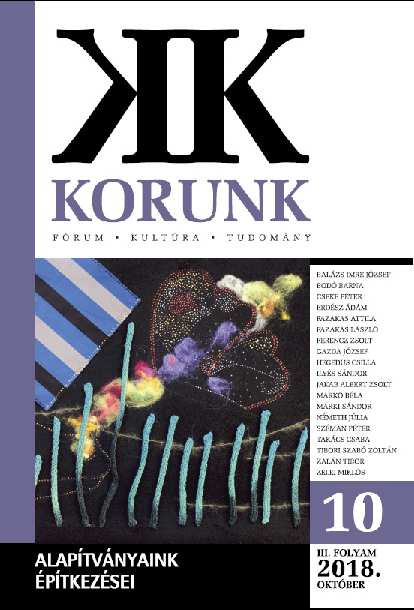
Puskás Attila: Utak és ösvények. Erdélyi magyar sors. Kaláka Könyvek. Sepsiszentgyörgy, 2017.
More...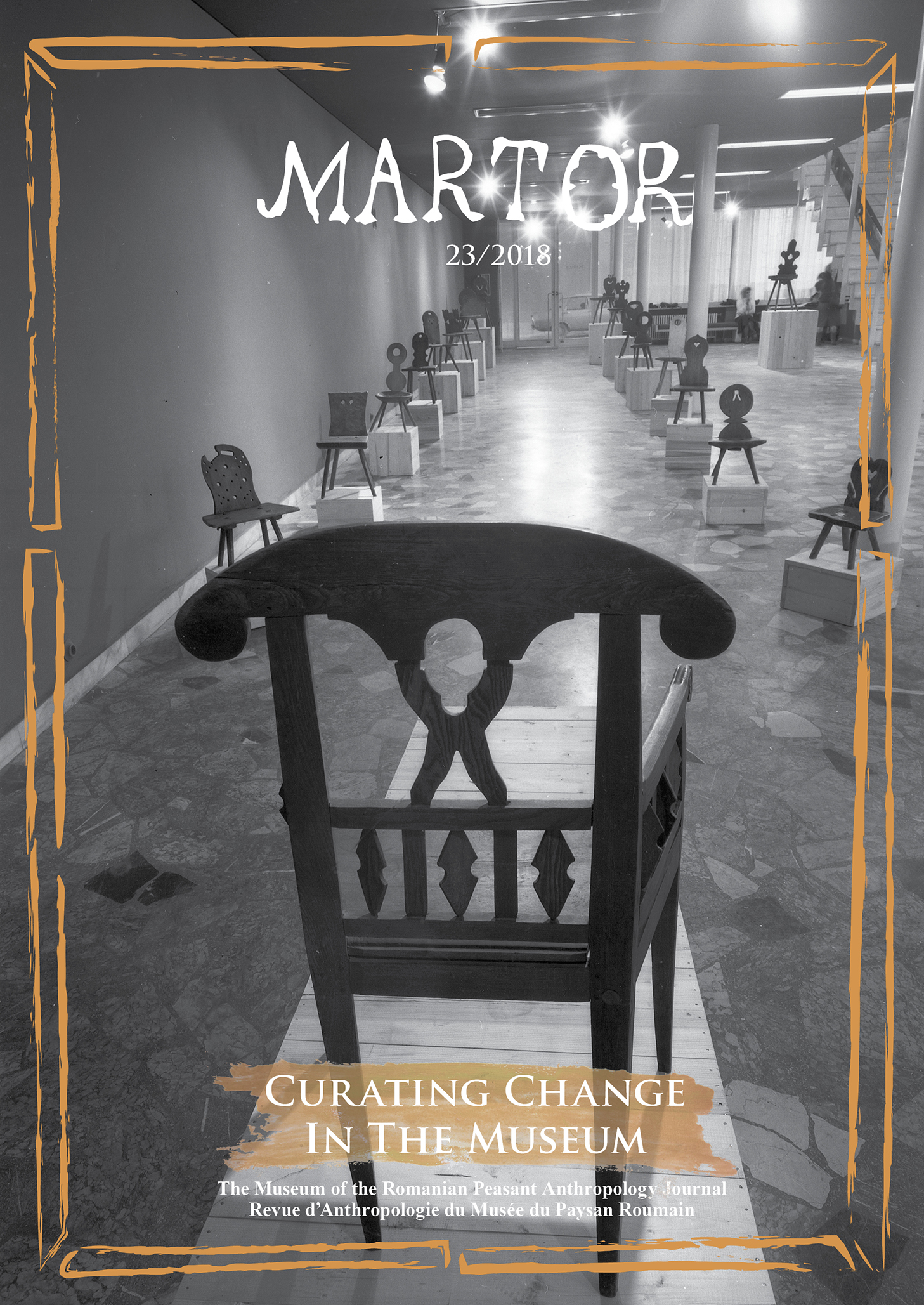
In the last couple of years, public attitudes towards Fascist material legacies in Italy have been at the centre of a heated debate in the academic world, which has by now grown to involve the press and social media. This paper will look specifically at how this is reflected in a museum display at a heritage site that was once Mussolini’s residence in Rome. The underlying question of this paper is what role museums as heritage sites play in the renegotiation of a problematic past, and whether they can also have an active role in either supporting or challenging the official narrative. As heritage is socially constructed and defined through present circumstances, the narratives of this particular museum reveal a conflicting past as mirrored by the national narrative. The paper also questions whether public perception of this site has changed over time and considers how the recent transformation into a museum signifies a shift from the post-war interpretation, which may or may not reflect a high-level political agenda.
More...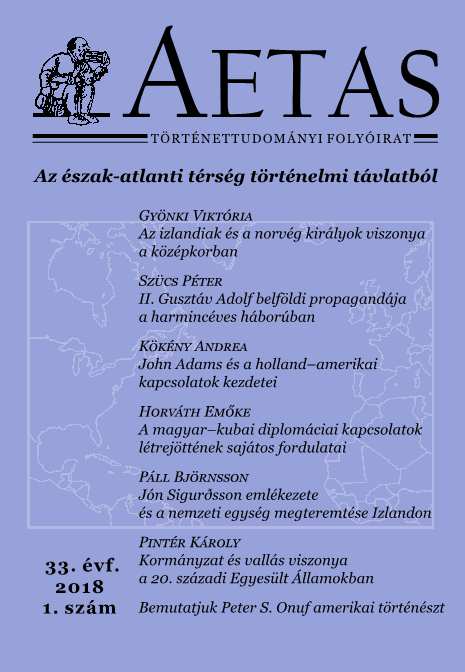
Borhi László, Nagyhatalmi érdekek hálójában. Osiris–MTA Bölcsészettudományi Kutatóközpont Történettudományi Intézet, Budapest, 2015. 504 oldal
More...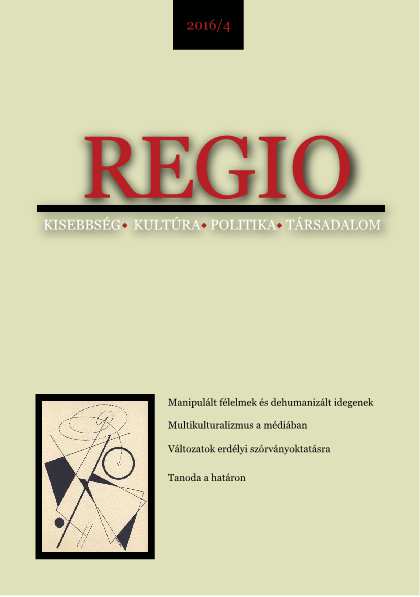
Oláh Sándor: Kényszerek-tanúságtevők. Történetek a legrosszabb évszázadból. Pro-Print, Csíkszerda, 2016.
More...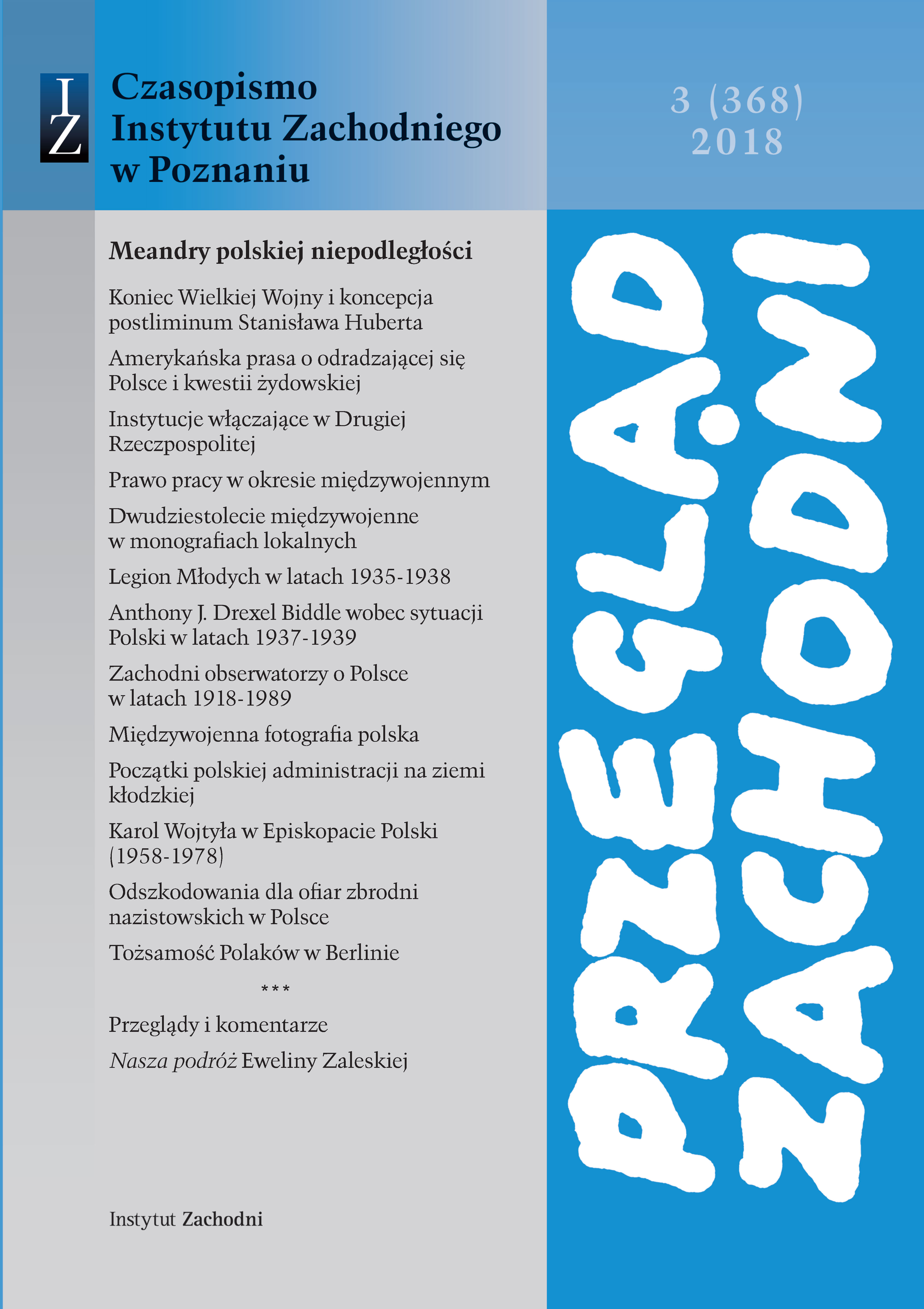

After 1918 Poland was several times the object of increased interest on the part of western countries. In the interwar period Poland was an important element of European balance in the face of the threat posed by Germany and Soviet Russia. After the Second World War many Poles counted on the Americans and British to prevent the Sovietization of Poland and make Stalin respect the accepted obligation concerning free election in Poland. However, nothing like that happened. Later on, in such critical moments as 1956 or the years 1980-1981, the situation in Poland was attentively monitored by the western countries. Similarly also in the year 1989, which brought Poland a real chance to regain full independence. The aim of the present paper is to present the accounts and opinions of western observers, mainly diplomats and journalists, on the crucial events for Poland in the years 1918-1989. Most of the reports addressed the problems of political transformations, although economic, military and social matters were also brought up, as well as issues relevant to the Jewish minority. These accounts and the opinions they contained diverge at some points from our current knowledge on the discussed problems or events. Nevertheless a research hypothesis can be adopted that in numerous cases they served as a basis for building the image of Polish reality in the United States, Great Britain or France and influenced the policy of these countries towards Poland. To prove the hypothesis the philological, comparative and sociological methods were used among others.
More...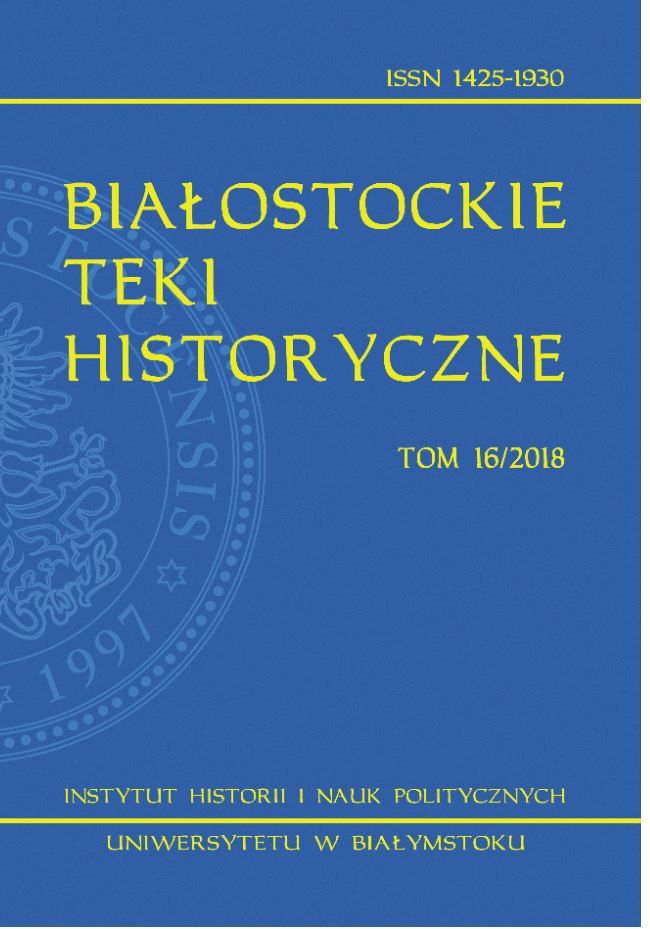
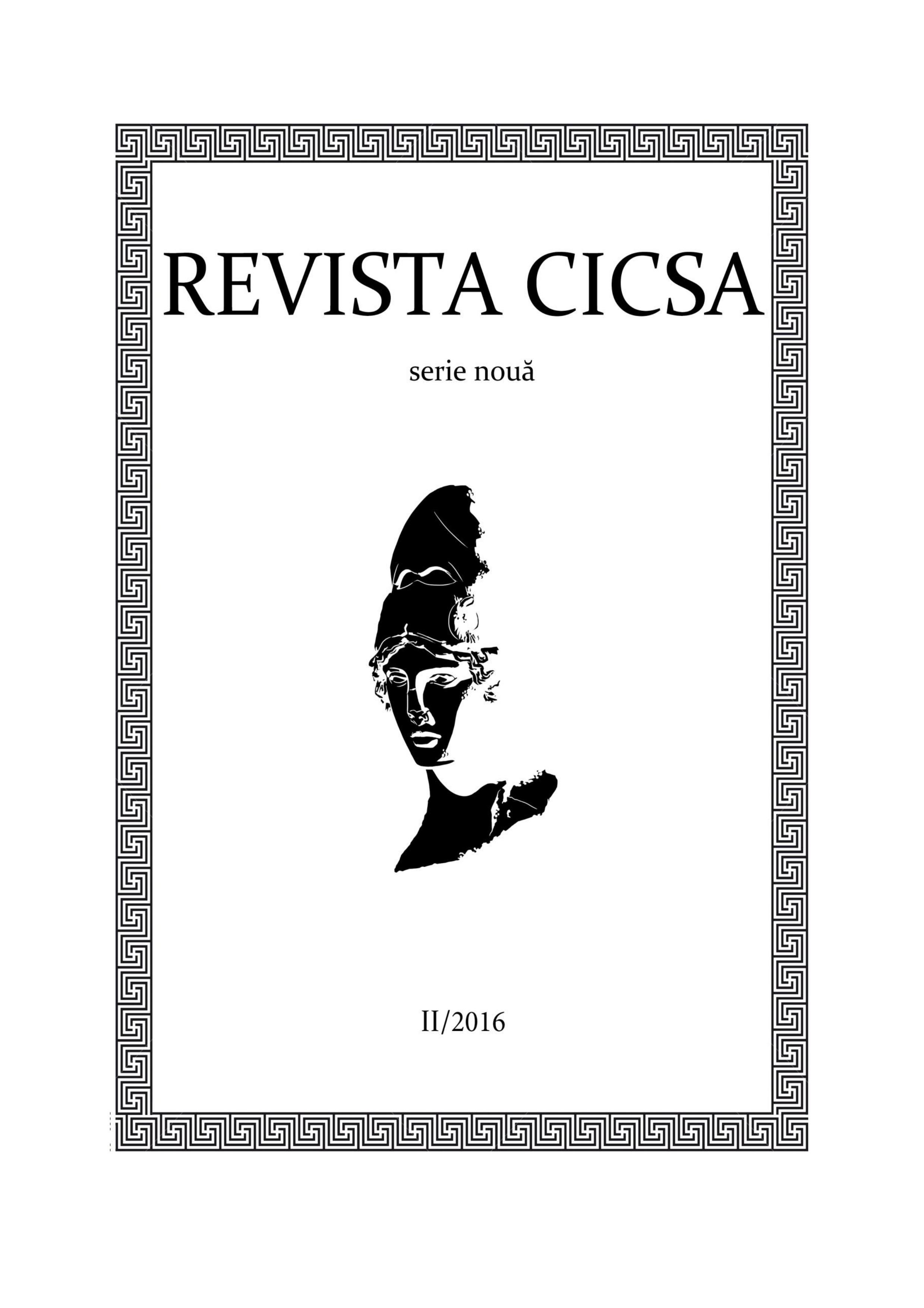
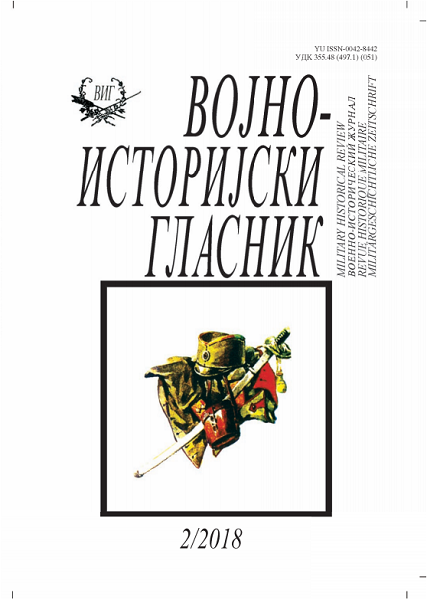
The outbreak of the Second World War and the gradual occupation of the European continent by the German army led to, among other things, the establishment of exile bodies of the many occupied countries, especially in Great Britain. Together with other exile governments in Great Britain were very active too prominent Czechoslovak and Yugoslav exile politicians. The internal problems of both exile governments had greatly affected their views on the future of both countries. Although the opinions of prominent Czechoslovak exile representatives on postwar Czechoslovakia differed, especially regarding the CzechSlovak question, their activity seemed more united and organized compared to that of Yugoslav politicians. Yugoslav exile politicians were almost constantly burdened by numerous problems, the roots of which lay in the interwar period: in the disputes among Serbian, Croatian and partially also Slovenian politicians. In addition to this, there was the very difficult political and war situation in Yugoslavia, where the war was not only against the occupiers, the German and Italian armies; it was also a civil war between the resistance movements and the collaborators. Given all this, it seemed that Yugoslav exile politicians, who were of different nationalities and especially of different political views, were not able to create a unified concept. The attempts of both governments to cooperate in emigration and their efforts to build solid foundations for the future of Czechoslovakia and Yugoslavia did not always have a positive impact on the relations between both exile governments in Great Britain. Although prominent Czechoslovak politicians and diplomats in exile didn’t stress always their attitude toward the Yugoslav political exile, their view were mostly reserved. Such attitude was connected with the views of the Czechoslovak president in exile Edvard Beneš toward Yugoslavia in period immediately before Munich Agreement in September 1938. From that period Beneš had very negative attitude toward the Prime Minister Milan Stojadinović and his government, because he saw in the passive Yugoslav international politic of that time, one of the reasons for losing the Yugoslav support in very sensitive moment for future of the Czechoslovak state. Such negative Beneš’s attitude toward the Yugoslav government lasted in the next few years including the period of common exile in Great Britain.
More...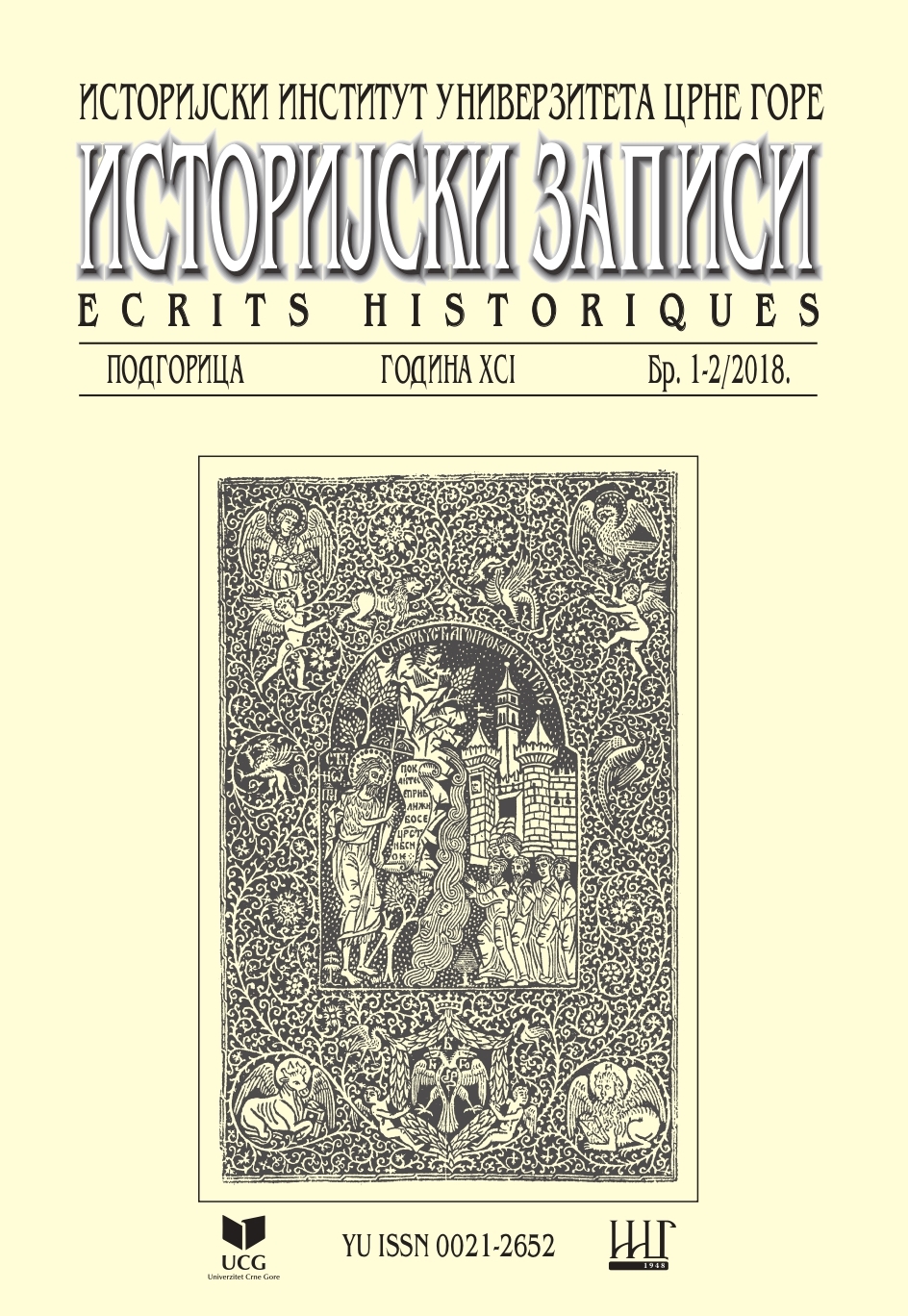

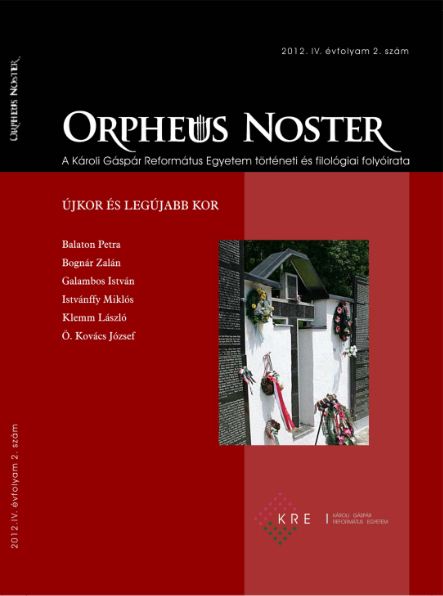
M. Kiss Sándor – Raffay Ernő – Salamon Konrád: Magyarország sorstragédiái a 20. században, Budapest, Éghajlat Kiadó, 2011.
More...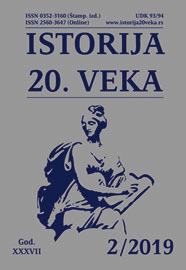
The article provides a detailed overview of the Yugoslav intelligence and security services from their inception toward the latter part of World War II and the early stages of the Cold War. It is written based on the partially declassified documented sources of the state security service in the Archives of Yugoslavia and on the in-depth research of the Military Security service sources in the Military Archives in Belgrade, still less known in the domestic scientific public in Serbia and the Former Yugoslavia. The author used literature mostly written by contemporary witnesses from the security services and incorporated facts gathered in several interviews with senior security officials.
More...
The paper analyzes the historical context, content, and aims of the organized anti-Semitic propaganda and legislation in the final year prior to the occupation of the Kingdom of Yugoslavia and in occupied Serbia. Both direct and indirect anti-Semitic orders and decrees have been thoroughly analyzed, while the propaganda has been gleaned from the writings of influential daily newspapers, magazines, and journals, and special events such as the Great Anti-masonic (1941) and Anti-communist exhibition (1942). An attempt has been made to show the predominant role of the German factor in both legislation and propaganda, although the responsibility of the local authorities is also discussed. The paper derives its information from research mainly done on primary historical sources such as the official decrees of the Kingdom of Yugoslavia, the German military commander in Serbia, and Milan Nedić’s Government, as well as the influential press published at the time.
More...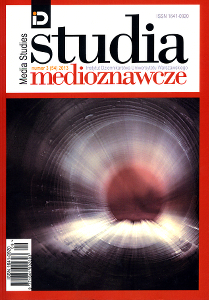
This article demonstrates the significance of Leopold Unger (1922–2011) as a journalist, commentator, columnist and essayist, whose professional activity was rooted in the history of Eastern Europe and the experience of Jews and dissidents subject to Soviet totalitarianism. Beginning with an overview of his life, the author presents the development of Unger’s career from two perspectives. The first is connected with the cities where Unger was active: from his early start in Bucharest, moving later to Warsaw and finally, as a political émigré, in Brussels. The second one focuses on the periodicals in which he worked: “Życie Warszawy”, the Belgian “Le Soir”, the Parisian “Kultura”, “International Herald Tribune” and “Gazeta Wyborcza”. Particular attention is given to the concept of Unger as an intruder (describing the specific relations between Unger and PRL [People’s Republic of Poland] after 1968, but also, in a more general sense, as a journalist investigating uneasy subjects) and a “Brusselian” (author of political essays published in Jerzy Giedroyc’s “Kultura”, considered nearly as important as the journalistic contribution of Juliusz Mieroszewski). The initial conclusions regarding Unger’s output also include remarks on his style and journalistic strategies.
More...